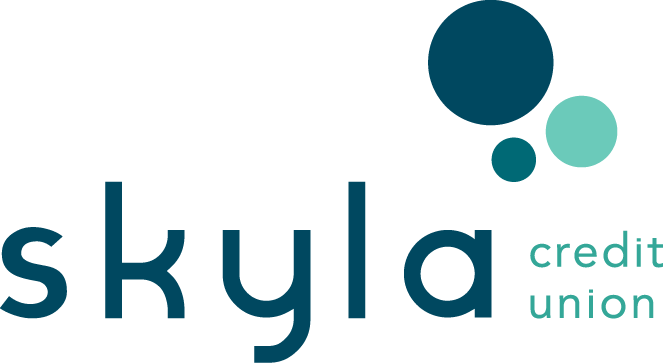What Do I Need to Know About Filing My 2024 Taxes?
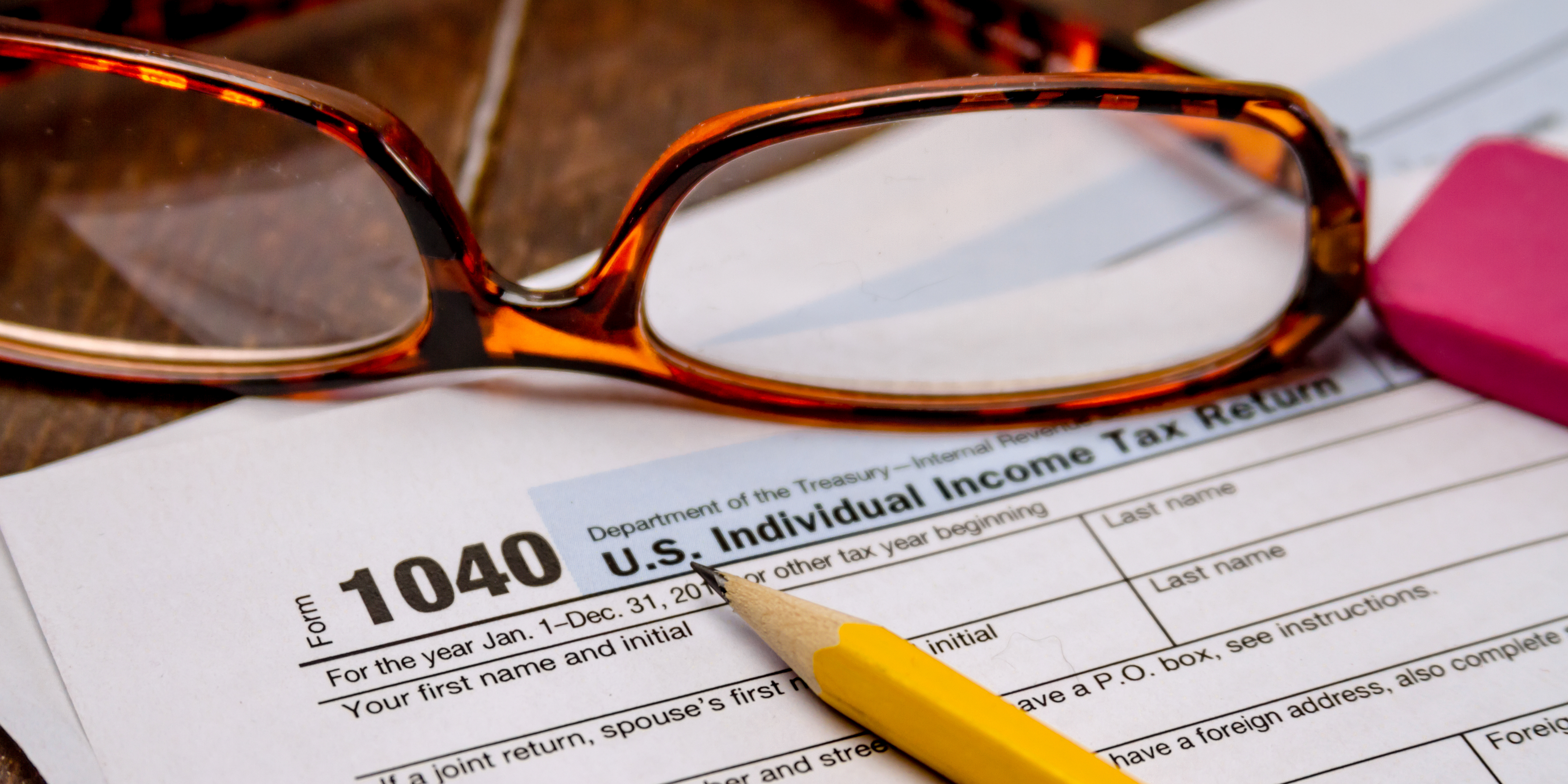
One of the least fun things to do as an adult (well, in my opinion anyway) – is taxes. *groans*
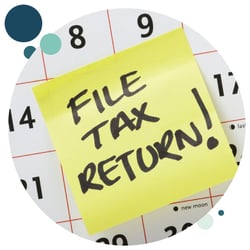
I've done my own taxes enough times to confidently say it's not fun—not one bit. But, as a homeowner for over two years now, I've learned to navigate my tax obligations. My 2024 tax forms won’t see many changes, but that doesn’t mean the process has become any more enjoyable.
Either way, it'll all go smoothly when I spend the afternoon plugging everything into TurboTax (yes, I'm a loyal user). I just don’t like doing it. And I know I’m not the only one who feels this way. Unfortunately, it has to be done.
Since you can't come into a Skyla branch to file your taxes like at a tax prep company, I’ll share the "need to know" tax information to help make the filing process easier. Tax Day is on April 15, 2025, so I’ve pulled together a list of resources to also help make this task easier.
ready to get started? here's the quick and dirty of what we'll cover:
|
|
 tax glossary
tax glossary
Let’s face it… the amount of tax jargon thrown around can be overwhelming! So before you get started filing, here's a short list of terms you’ll want to know. If you want to take an even deeper dive into taxes, check out the IRS’s complete tax glossary here.
Tax Credit
A tax credit is a dollar-for-dollar reduction of the income tax you owe. How do you get tax credits? People with kids, investing in education or retirement, and those who make ‘green’ purchases all qualify. For more info, check out this article.
Tax Deduction
This is a dollar amount the IRS allows you to subtract from your adjusted gross income (AGI), making your taxable income lower. The lower your taxable income, the lower your tax bill. You can either do a standard or an itemized deduction on your taxes.
Here's a quick look at the standard deduction for 2024:
- Single: $14,600
- Married Filing Jointly: $29,200
- Head of Household: $21,900
Tax Exemption
A tax exemption is the amount of money you’re allowed to subtract from your taxable income. The more exemptions you’re able to take, the more you can lower your tax bill. For example, if you make a donation to a tax-exempt charity, you usually qualify for a tax exemption, though the total amount you can be exempt from is based on your filing status and the number of dependents you claim.
Dependents
A dependent is someone you support and in order to qualify as a dependent, you must have provided at least half of the person’s total financial support for the year — food, shelter, clothing, etc. If your adult daughter, for example, lived with you but provided at least half of her own support, you probably can’t claim her as a dependent. Check out this infographic for more help.
Standard Deduction
The standard deduction is just that—a standard dollar amount set by the IRS each year. This is the easiest deduction to take because there are no calculations to make, no receipts to gather, and no additional tax forms to prepare. While easy, it may not always be the best choice for your situation.
Itemized Deduction
Itemized tax deductions require a little more work, but it can also mean big savings on your total tax bill. If you own a home, make contributions to a retirement account, or make charitable contributions, the standard deduction may be less than what you could itemize. In situations like this, it obviously makes sense to itemize so that you can maximize the amount of your total deduction. To itemize your deductions, you'll need to file 1040 Schedule A.
 when are 2024 taxes due?
when are 2024 taxes due?
Tax Day for the year 2024 is Monday, April 15th, 2025. If you’re planning on mailing your taxes in, they must be postmarked by that date to not be considered late.
If you don’t think you’ll be able to meet that deadline, you can request an extension by filing Form 4868. Remember, this only extends your filing deadline—not your payment deadline. To file an extension, visit the IRS’s website here.
 can i file my own 2024 taxes?
can i file my own 2024 taxes?
The short answer? Yes, you can absolutely file your own taxes. However, as your life changes, so will your tax situation (think – growing your family, changing jobs, buying a new house or car, investing, etc).
If you can answer “yes” to these questions, chances are you’ll be able to file yourself. The IRS even offers free e-filing for simple returns. If you couldn’t answer a simple yes, it would probably be smart to get help when filing. The last thing you want to do is file your taxes incorrectly and have the IRS after you!
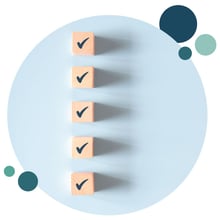
- You’re a numbers person
- You’ve kept the same job
- You don’t have any dependents
- You don’t own property
- You don’t have investments
- You understand tax laws
Want to know how to file your own taxes? I have just the thing.
 when do i get my refund?
when do i get my refund?
If you’ve filed your taxes and are getting a refund, the IRS typically processes returns within 21 days of filing, but there are no guarantees. You can always check on the status of your refund on the IRS website (you’ll need your Social Security Number or ITIN, your filing status, and the exact refund amount). You can check-in as early as 24-hours after filing.
QUICK TIP: It might be tempting to use your tax return to splurge on a vacation or buy something cool, but putting that unexpected bonus towards debts (like credit card or car payments or student loans) or using it to jump-start an emergency fund or savings account will reward you in the long run. |
how do I make sure I get my refund?
If you know you should be getting a refund, here's what you can do to ensure your refund is received:
- File electronically: Filing electronically is the fastest way to get your refund. but you must complete an accurate tax return. here are some Electronic filing options for individuals.
- Set up direct deposit: Setting up direct deposit is a common option many choose when filing taxes. With direct deposit to your bank account, you won't have to wonder if there will be a delay with the paper mail. If you're a member at Skyla and you want to set up your account for direct deposit, use this routing number to get started - #253075028
- Contact the IRS: Yep! You can call to use their automated system or speak to a live representative at 800-829-1954 (toll-free). If you're expecting to chat with a representative, expect delays.
Check Where's My Refund? to learn about the status of a refund and more.
 why didn’t i get a refund?
why didn’t i get a refund?
I’ll be honest, I Google this question every year because, without fail, I always end up having to pay more taxes... Meanwhile, everyone else gets a fat check of a tax return. If you’re not getting a return because you came out even or owe more on taxes, it’s likely because:
- Your withholdings throughout the year were perfect! This means you don’t owe anything, but you also don’t receive anything. Realistically, this is what everyone should aim for and you won the tax game. (bravo!)
- You earned extra income: This could include any property you own or stocks and bonds you may have invested in and made money on. If you do have extra income, you’ll likely owe more money in taxes. Since I am a homeowner and have some investments in the stock market, I fall into this category.
- You have outstanding taxes or other debts owed: If you’ve failed to pay any of your taxes in the past, have debt from federal student loans, are overdue on child support, or have state income tax liabilities, the IRS may choose to use your Tax Return to put towards your debts instead.
 are there any scams i should know about?
are there any scams i should know about?
The IRS releases what they call the “Dirty Dozen” each year with the top 12 scams they find. They release a new scam daily, so you can stay up to date with the 2024 lists by checking out the IRS website.
QUICK TIP: The IRS will always contact you via mail before ever trying to reach you over the phone. If someone calls you claiming to be from the IRS and you are not aware they were trying to contact you, ask the caller to provide their name and badge number, then call them back using the main IRS number: 1-800-366-4484. |
ready to file? 
As you prepare your documents, keep this blog article close in case you need help filing your taxes. The important thing to remember is everyone has to file their taxes, so sometimes your friends and family are great resources and can point you to where they found help. If you're looking for more info on how to file your own taxes or where to seek professional help, here's what'll help.
As Content Strategist behind the Learning & Guidance Center, Yanna loves showing just how doable finance can be. Whether it’s simple tips, step-by-step guides, or comparison charts, she’s passionate about helping readers take charge and reach financial freedom with confidence
more resources for your financial journey
How Much Money Should I Keep In My Checking Account?
Don't know the amount you need to keep your checking account in good shape? Different checking account fees can mess that up. Here's an amount that'll help.
10 min. read
Best Budgeting Tips for Special Occasions
Need some reliable tips to help you afford special occasions? Use these budgeting tips to help you afford gifts, book travel to celebrate a birthday or wedding or anniversary or holiday, and...
7 min. read
